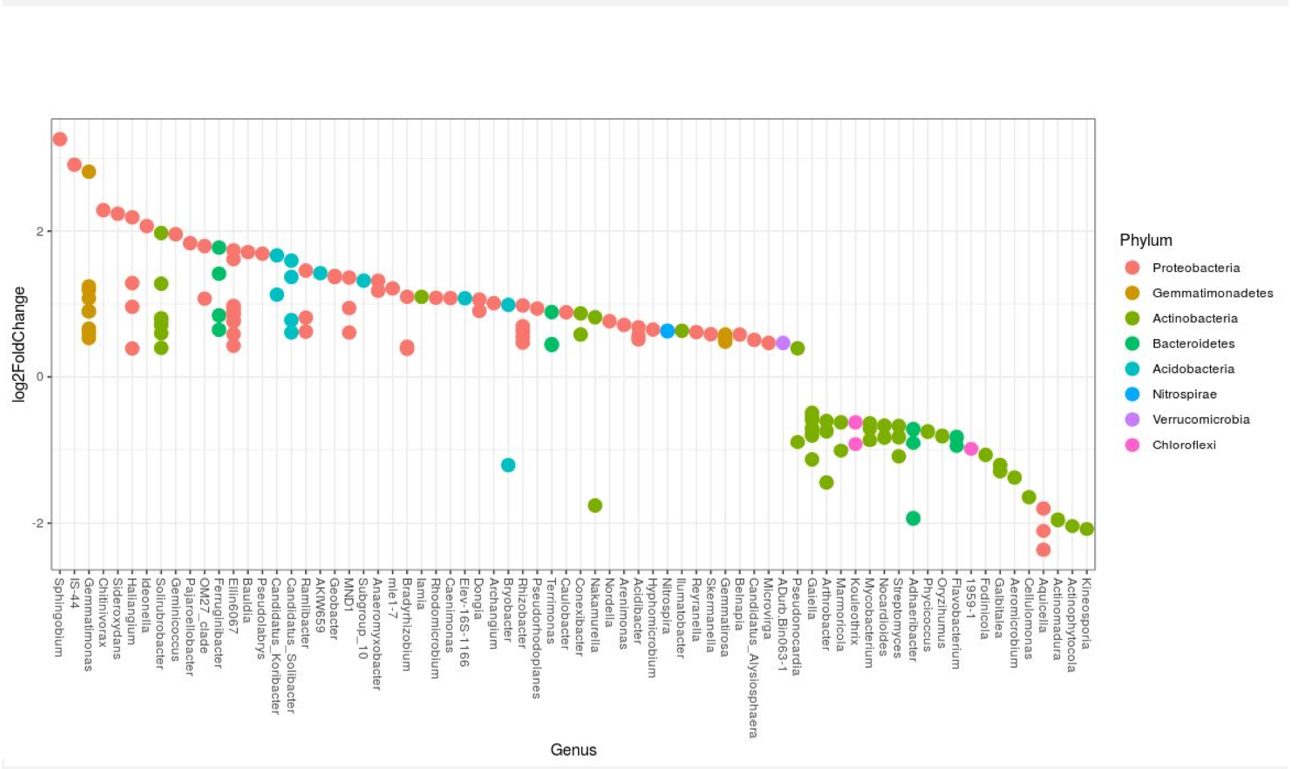Mona Parizadeh, une stagiaire du programme BIOS2 en 2018-2019, a présenté une affiche au congrès conjoint de la SCEE, du CES et du SEA 2019 à Fredericton (NB). Voici un résumé de sa présentation :
Monitoring the effects of neonicotinoid pesticides on the phyllosphere and soil bacterial communities in a three-year soybean and corn rotation. Parizadeh, M., B. Mimee, S. W. Kembel. 2019. See poster.
The phyllosphere and soil are habitats to beneficial bacterial communities which play a vital role in plant growth and health and ecosystem regulation. In sustainable agriculture, it is crucial to comprehend the composition of these communities, their changes in response to disturbances, and their resilience to agricultural practices. Many years of widespread pesticide application against pests may have had non-target impacts on these beneficial microorganisms. Neonicotinoids are a family of systemic insecticides being vastly used to control early-season and foliar-feeding pests in recent decades. There are a few studies on their long-term and non-target effects on agroecosystem microbiota. In this study, we intended (i) to characterize soybean and corn soil and leaf bacterial community composition and (ii) to identify bacterial variation and temporal changes in a three-year soybean/corn rotation and in response to neonicotinoid seed treatment. Using 16S rRNA gene amplicon sequencing, we found out that host species, growth stages and time are stronger drivers of variation in bacterial composition than neonicotinoid application. However, neonicotinoids did have an impact on microbial community composition, especially in the taxonomic composition of soil communities. We discuss the implications of our study in predicting agroecosystem responses to pesticide application and crop rotations.

